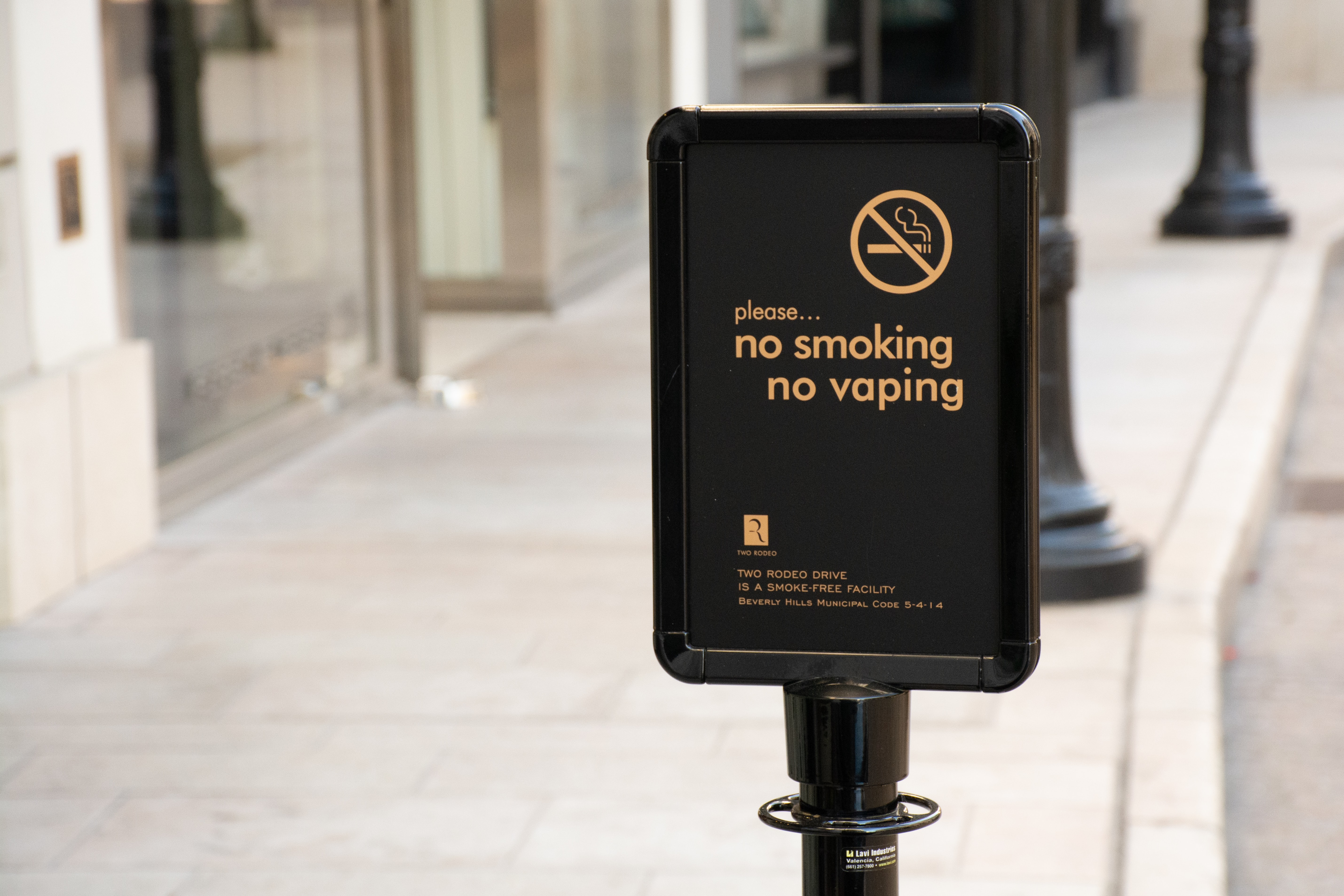News release
From:
“This research highlights the role of the tobacco industry in the discussion around e-cigarette regulation in New Zealand. Compared to the health sector, the e-cigarette industry drew more frequently upon evidence published outside of peer review, which is subject to less scientific scrutiny. Further, evidence cited by e-cigarette retailers and manufacturers was four times as likely to be associated with the tobacco industry. Studies suggest that research with a conflict of interest is likely to yield results more favourable to industry objectives than independent research. These findings reinforce that public health policy should be protected from the influence of the tobacco industry. Instead, policymakers should draw upon high quality, independent sources to inform evidence-based decisions.”
Expert Reaction
These comments have been collated by the Science Media Centre to provide a variety of expert perspectives on this issue. Feel free to use these quotes in your stories. Views expressed are the personal opinions of the experts named. They do not represent the views of the SMC or any other organisation unless specifically stated.
Jim Mann is Professor of Medicine and Human Nutrition at the University of Otago, and Director of the Healthier Lives National Science Challenge and Co-Director of the Edgar Diabetes and Obesity Research Centre.
"Based on past experience of the tobacco industry, and some people in the food industry, the results of this study are unsurprising. What it does show is that we need a formally constituted transparent structure for policy making within government, because somebody has to assess the quality of the research that's being used in submissions to parliament.
"Vaping is a very difficult topic, because even amongst academics working in this field there are some aspects which remain controversial. It might sound trite to say, but policy around such an important public health issue needs to be based on hard evidence."



 New Zealand
New Zealand



